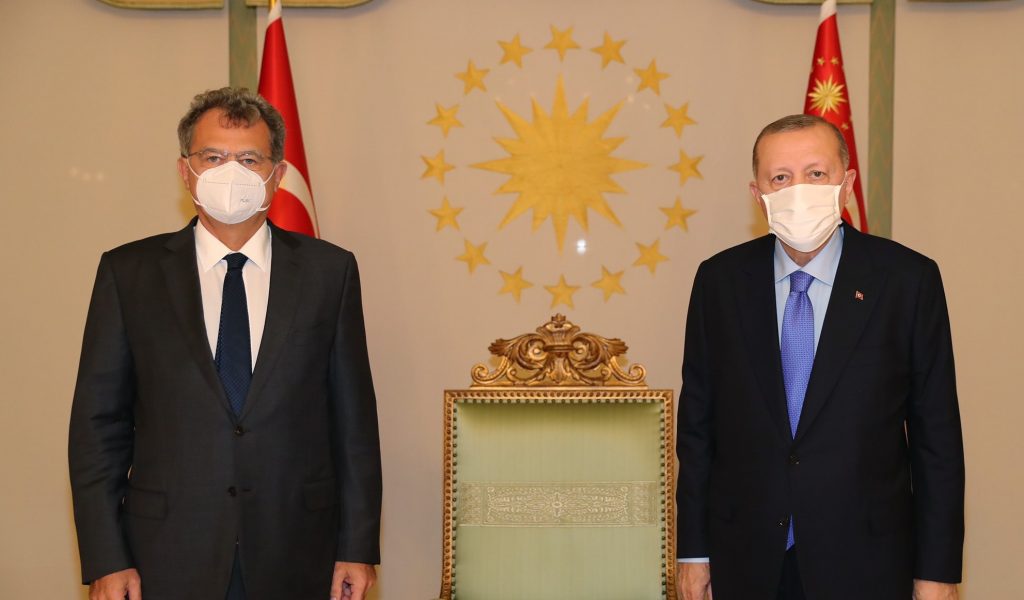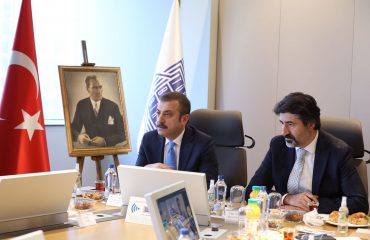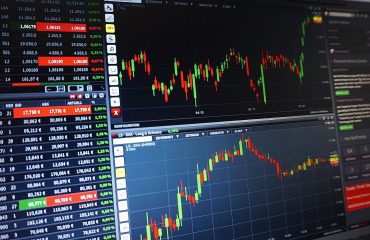

Significant facts about Turkey’s current situation were discussed and key opinions were shared in two important meetings, on Dec. 7 and 8. The first one was the reveal of 2020 Trends Survey of Kadir Has University (KHAS), a study conducted each year. The other was the Turkish Economy in 2021webinar jointly organized by Koç University and the Economic Research Forum (ERF) of TÜSİAD (Turkish Industry and Business Association). The first one focused on Turkey’s domestic and foreign policy and trends in the social structure, and the latter was looking at the trends and situation of the economy. Both events highlighted that Turkey’s most important problem is inflation, to be followed by unemployment.
Some 80 percent of the participants in the KHAS research said inflation and unemployment are the most important problems. So these are the two issues that are now seen as problematic regardless of partisan stances. At the Koç University-TÜSİAD panel, all speakers, including TÜSİAD chair Simone Kaslowski who made the opening speech, highlighted the fight against inflation. The TÜSİAD chair said growth targets should be withdrawn to focus on the fight against inflation if necessary.
The importance of fighting inflation
A few hours after this panel, Kaslowski met with President Tayyip Erdoğan at the Vahdettin Mansion in Istanbul.
At this point, let’s keep in mind that Erdoğan merged the Treasury and Finance ministries in 2018, appointing his son-in-law Berat Albayrak to head the newly founded ministry, only before claiming that high interest rates are the reason for the hike in inflation. Inflation did not decrease when the Central Bank cut interest rates, but the value of the Turkish Lira fell as citizens converted their savings to USD dollars and gold. There are estimates that some $130 billion of state resources was spent in two years, with $85 billion just in 2020, just to prevent this flow.
And we witnessed a shift in policy right after Albayrak left his seat, almost simultaneously with Donald Trump’s election loss. Central Bank increased the interest rates from 8.25 percent in September to 17 percent in December, and the value of the greenback decreased from 8.5 liras per dollar to 7.5 liras.
However, unlike the rapid fluctuations in currency exchange, the inflation and cost of living do not change instantly. Nobody believes that the 12.3 percent inflation rate announced by official TürkStat is true. The government raised the minimum wage by 21 percent. There are some independent organizations that calculate the real inflation rate above 30 percent, using the TurkStat data.
People blame the government
TurkStat also announced the unemployment rate at 17.7 percent, despite the ongoing dismissal ban due to the Covid-19 pandemic. However, this rate is also not found convincing. Interestingly, both the employers’ organization TÜSİAD and the labor organization DİSK estimate the unemployment rate at around 23-24 percent.
Well, who does the public blame for this? The KHAS research shows that some 13.7 percent believe that the reason is “foreign attacks,” a justification frequently emphasizes by Erdoğan. However, government decisions take the first place with 22.4 percent, Central Bank policies with 14 percent and interest rate policies with 13.9 percent. When a 10.3 percent foreign borrowing added, it calculates that more than 60 percent of the people hold government-based reasons responsible for the course of the economy.
According to the same research, the rate of those who said they could not save money or assets at all in 2020 is 74.1 percent. For those who could save, gold tops the list, as the rest either bought US dollars or kept their savings under the mattress.
People expect Erdoğan to find solution
Despite the high inflation and unemployment rates, some 42.9 percent of the respondents say they would vote for Erdoğan if the presidential election was held today. Even if this ratio is below the required 50 percent plus 1, the threshold for winning the election in the first round, there is currently no opponent to force Erdoğan.
Ekrem İmamoğlu and Mansur Yavaş, respectively the Istanbul and Ankara mayors from the main opposition Republican People’s Party (CHP) ranks, seem to be catching Erdoğan with their approval ratings, but when it comes to the presidential election, there is not a stable outlook yet. According to the findings of the KHAS survey, if there was an election today, the ruling Justice and Development Party (AKP) would get 38.3 percent of votes; to be followed by the CHP with 27 percent; İYİ Party with 11.8; Peoples’ Democratic Party (HDP) with 10.8 and the AKP’s election partner MHP with 10.0, after the distribution of the floating votes. In other words, trust in the government is decreasing, but trust in the opposition is not increasing. When the high rate of floating votes or those who decline to respond adds to it, the outlook suggests that there is not an atmosphere of snap polls in Turkey.
In short, citizens expect problems such as inflation, cost of living and unemployment to be resolved through continuous correction of errors by Erdoğan instead of early elections. After all, the people gave Erdogan the license to find solutions until 2023, and we came to this point under Erdoğan’s ruling.


